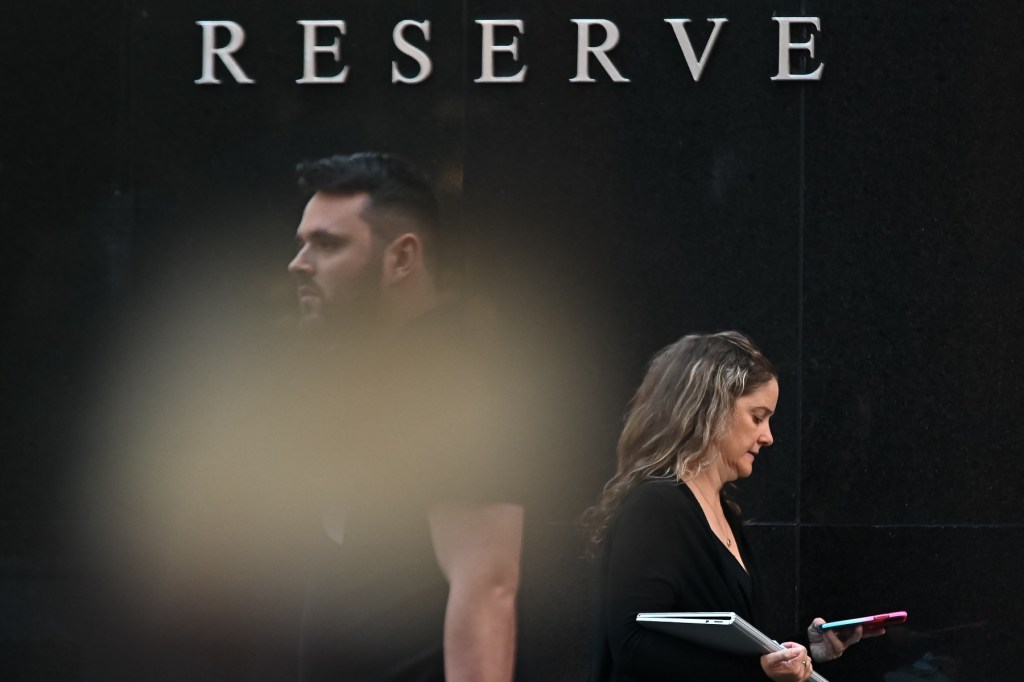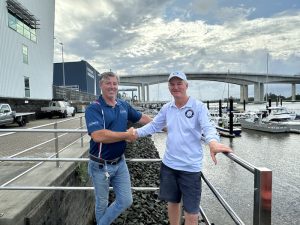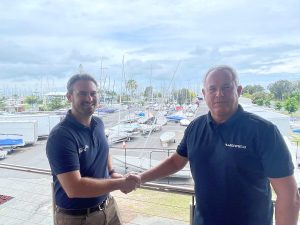Drilling company fined $385k after rig worker’s head crushed

- by Admin
- July 26, 2024
In short:
A Magistrate has fined a drilling company $385,000 after a worker was seriously injured at a remote exploration camp in WA.
Boart Longyear is one of the world’s biggest drilling companies with about 650 rigs operating worldwide.
What’s next?
The company says it has implemented new safety procedures and training to prevent a repeat of the incident.
One of the world’s biggest drilling companies has been fined $385,000 after a worker’s head was crushed while reassembling a drill rig at a remote mineral exploration camp in Western Australia.
US-based Boart Longyear employs nearly 6,000 workers around the globe.
Workers were assembling the rig at the West Musgrave copper-nickel project, about 1,300km north east of Perth, when the incident occurred in February 2021.
The Kalgoorlie Magistrate’s Court heard on Friday that a hydraulic rod handler, weighing about 700kg, was installed in the vertical position alongside an upright mast.
When driller’s assistant Luke Frame tried to reconnect some hoses, the rod handler arm unexpectedly rotated down and crushed his head against another part of the rig.
Mr Frame suffered head and spinal injuries, including a T12 compression fracture and a double fracture of the jaw, and was flown to Kalgoorlie Hospital for treatment.
Mr Frame returned to work when he recovered but was later made redundant by the company for unrelated reasons, the court heard.
Guilty plea by company
Lawyers for Boart Longyear’s Australian division entered a guilty plea in June to a charge of failing to maintain a safe working environment.
Sentencing the company, Magistrate Paul Lyons said the fine reflected the seriousness of the incident and “cannot be written off as a cost of doing business”.
He said Boart Longyear had conducted only a basic risk assessment and did not have a specific procedure in place for the reassembly of the rig.
“He (Mr Frame) could have easily suffered more serious injuries and could even have been killed,” he said.
“What happened in this case was unusual with a specific series of events, which was difficult but not impossible to foresee.”
The rod handler is a hydraulically-activated mechanism that consists of a grabbing implement and pivoting “elbows”.
Mr Lyons said it was difficult to determine when the hydraulic system was “compromised”, or “when air was introduced”.
“Steps could have been taken by the company and the employees on the ground to mitigate the risk,” he said.
“The company says it now uses a secondary restraint … that is a somewhat obvious and easy mitigation that could have avoided the injuries sustained by Mr Frame.”
‘Isolated’ event: Magistrate
Mr Lyons said the Department of Energy, Mines, Industry Regulation and Safety (DEMIRS) had published a significant incident report in 2016 following a similar incident involving a drill rod handler.
“The relevance of that report is it stood as a warning to the accused and others working in the mining industry, that this is possible and can cause significant harm,” he said.
He found Boart Longyear’s conduct was in the “lower to mid scale of seriousness” with the company fully cooperating with authorities and implementing new safety procedures since the incident.
He said Boart Longyear overall had showed “good compliance with safety laws” and the offence was “isolated” and “out of character”.
According to the company’s website, Boart Longyear was founded in the United States in 1890 and has about 650 drill rigs operating worldwide.
The Utah-based company was delisted from the ASX in April this year after being acquired by US private equity firm American Industrial Partners for $US371 million.
The Latest News
-
December 25, 2024Gearing Up for Australian Open, Nick Kyrgios Elevated in Bold Predictions From Renowned Tennis Experts
-
December 25, 2024Dads’ day out! Australian stars unwind with with wives, kids at MCG. Watch | Cricket News – Times of India
-
December 25, 2024Border-Gavaskar Trophy: What is Australia’s record in Melbourne in Test matches? | Sporting News Australia
-
December 25, 2024India must continue to exploit ‘brittle’ Australian line-up: Ravi Shastri | Cricket News – Times of India
-
December 25, 2024‘I only bowled 24 balls’: Boland looks back in wonder at MCG marvel



